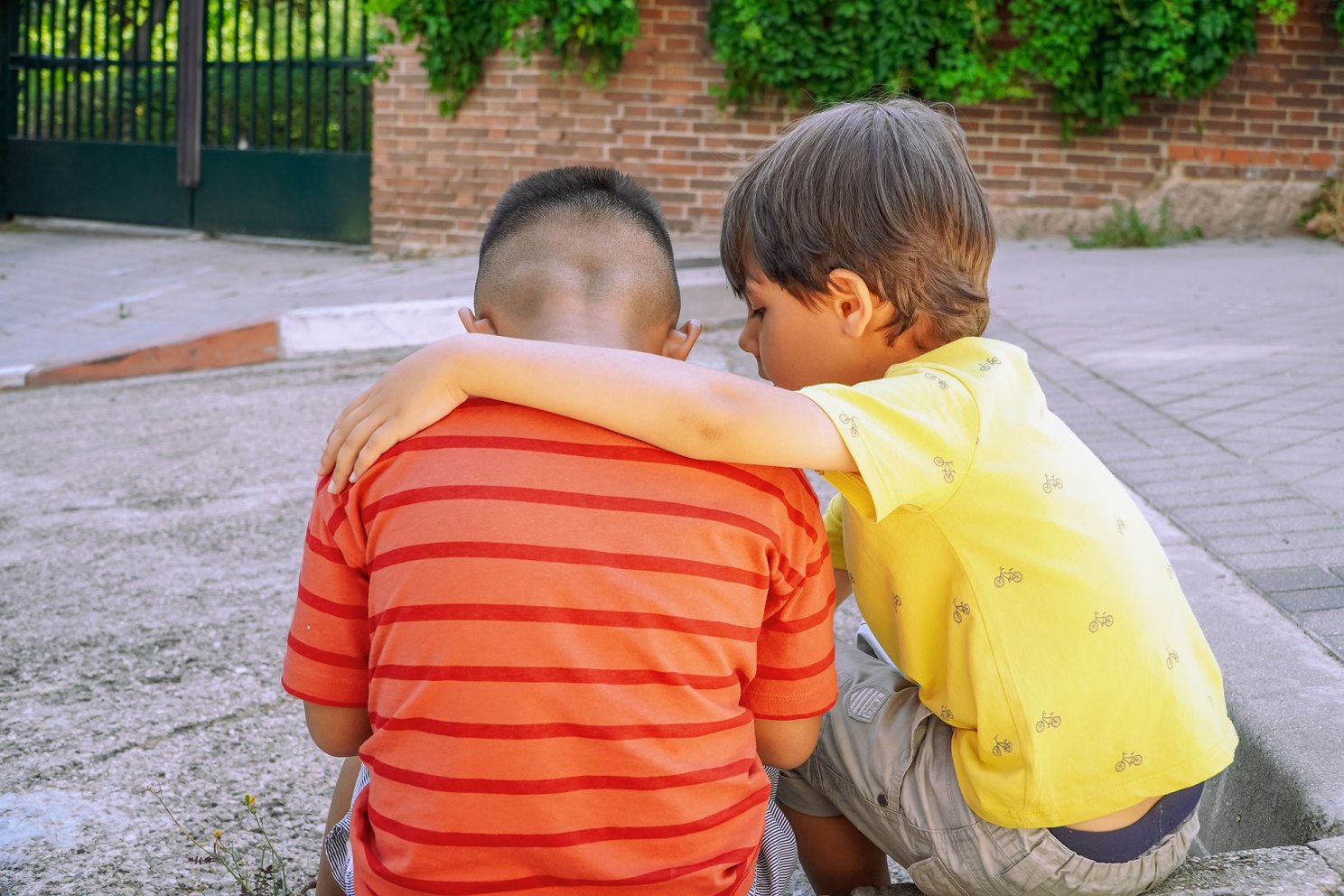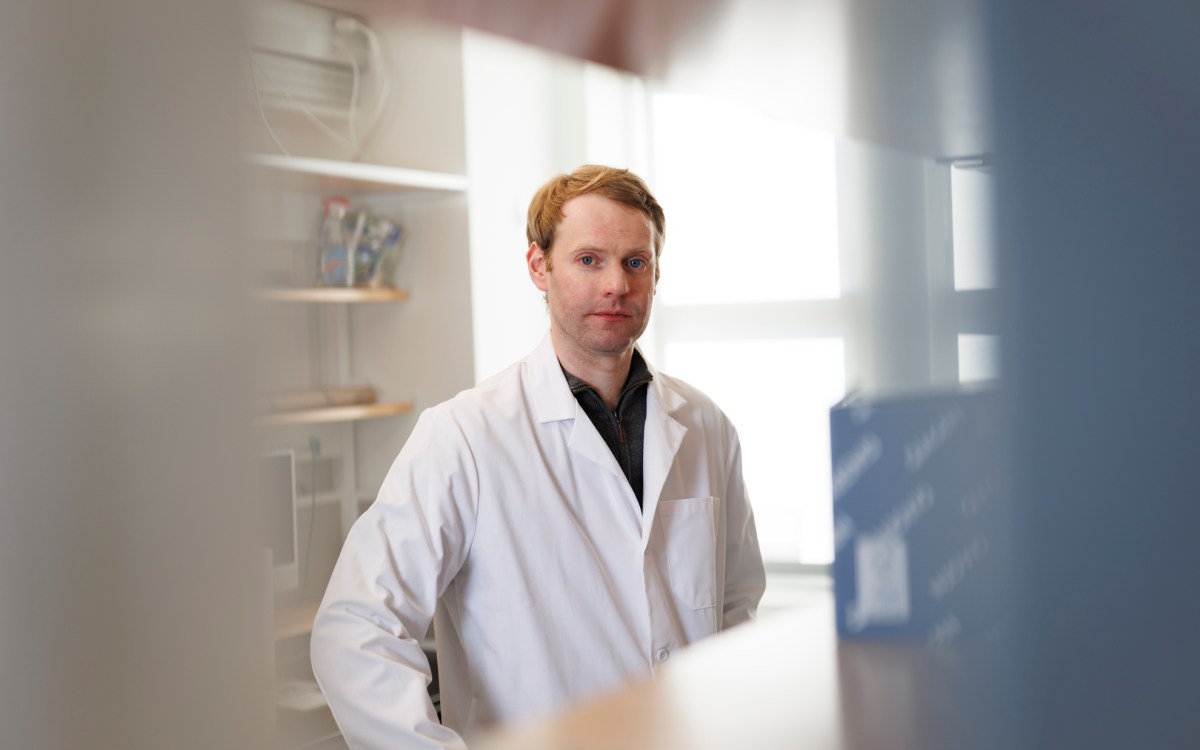How children learn to be good

One tip for parents: Tell them about your mistakes
Part of the Wondering series
A series of random questions answered by Harvard experts.
Richard Weissbourd and Kiran Bhai are part of the leadership team at Making Caring Common, a Harvard Ed School initiative focused on making moral and social development a priority in child-raising.
Can we become better people — more caring, generous, honest, and just?
The idea that our moral capacities are fixed seems to be deep in the American psyche. At family gatherings, in the playground or classroom, children are often labeled “good” or “bad.” Many Americans are even more inclined to see adults’ moral qualities as set in stone.
But research indicates that both children and adults have a great capacity for moral growth, and the cost of assuming their morality is fixed is high. Children have nuanced combinations of moral strengths and weaknesses that can evolve in different directions over time — and categorizing a child as bad can cause us to treat them in ways that lead them to fulfill our negative expectations.
When it comes to moral development, we need to adopt what psychologist Carol Dweck calls a “growth mindset:” a belief in our own capacity, and the capacity of the children we interact with, to continually become more able to be and do good. A child may struggle to share, but that doesn’t mean they’re selfish. It means they’re not able to share yet and they need support and guidance in developing this ability.
Research indicates that both children and adults have a great capacity for moral growth, and the cost of assuming their morality is fixed is high.
There is much that adults can do to support a child’s moral growth, including modeling care, respect, and fairness, guiding children in thinking hard from many perspectives about moral dilemmas, and helping them manage emotions that can cause them to harm others.
Parents and educators can encourage children to be caring — to reach out to a friendless kid on the playground, say, or to be respectful with others even when they’re in a bad mood — and provide them with opportunities to practice caring day to day, whether pitching in around the house or classroom, helping an elderly neighbor, or taking care of a pet.
At the same time, parents and educators can work to expand both their own and their children’s circle of care to include not only their family and friends but those who may drop off their radar — a bus driver, for instance, or a server in a restaurant, or the school custodian.
Crucially, parents can advance children’s moral development — and directly model a growth mindset — by talking openly to them about their moral mistakes and how they plan to avoid repeating them. Through these actions, parents can cultivate a family identity that centers on adding value to others, a powerful way that children internalize a deep and lasting commitment to caring and fairness.
Our belief in moral growth is no trivial matter. Our country these days often seems to be in a moral free fall. Individualism often eclipses concern for the common good, and Americans of different political stripes are at each other’s throats. We can reverse these trends, but we’ll need to start by believing that we can and must be better.
— As told to Sy Boles/Harvard Staff Writer





